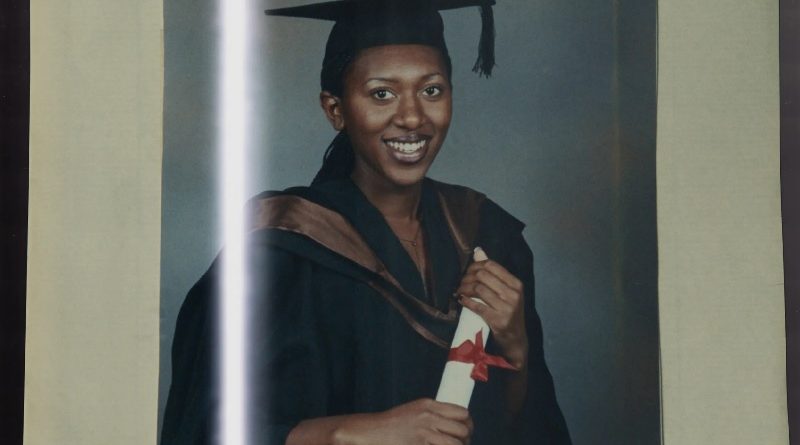Movie Review: The Shadow Scholars
One-liner: An overlong, yet comprehensive, eagle-eyed, layered and timely investigative documentary.
The Shadow Scholars is a compelling documentary that delves into the hidden world of contract essay writing in Kenya, an unusual trade born from economic necessity and fueled by global demand. Based on the research of Prof. Patricia Kingori, the film investigates the complex causes, far-reaching effects, and profound social injustices underpinning this thriving, yet ethically fraught, industry. It explores the blurred lines of ghostwriting and the contentious ethics surrounding what many consider a criminal activity.
The documentary exposes why Kenyan academic writers are compelled to undertake these tasks, why foreign students from the United States, United Kingdom, and Australia seek their services, and the unhealthy exchange that binds them. Prof. Kingori serves as a guide as she travels to Kenya to meet the students and writers at the forefront of this online academic fraud. Gaining a clearer understanding of the stakes involved, she mines the intricate social complexities around ownership and credibility.
What emerges is a striking testament to the academic prowess of these Kenyan writers, who effortlessly navigate multiple disciplines and academic levels, often crafting intricate, lengthy reports in a matter of hours. This raises uncomfortable questions about the ease with which degrees can be “bought” and qualifications obtained without genuine effort. The inherent difficulty in combating plagiarism when the submitted works are technically “original” further complicates the issue, causing significant consternation within academic circles.
The Shadow Scholars explores the fascinating versatility of these academic writers, who, without attending lectures, can span diverse departments and consistently deliver. Their earnings in dollars, made favorable by exchange rates, incentivize this demanding work, allowing foreign students to achieve desired grades without personal investment. The film subtly obscures identities through AI to protect participants, while addressing burning questions about the operation’s seemingly smooth façade.

“Writing people’s destinies.”
Drawing insightful parallels with scandals like Felicity Huffman’s Operation Varsity Blues college admission scandal, the documentary also introduces the disruptive influence of artificial intelligence. It highlights how these Kenyan scholars were essentially performing tasks now achievable by AI, making questions of authorship, ownership, and what constitutes “human-made” content even more challenging – a topic worthy of its own independent exploration.
The Shadow Scholars also confronts the precarious nature of information protection within this enterprise, revealing the ease with which documentation exposing both the writers and their clients could be accessed. The potential ripple effect of such exposure is immense, threatening the retraction of degrees and qualifications due to fraudulent grades and papers. Fundamentally, the The Shadow Scholars themselves are trapped by economic and employment circumstances, compelled to sacrifice their own academic and career advancement to provide for their families.
This stands in stark contrast to the qualified students who unfairly benefit from the toil of those in less fortunate circumstances. Prof. Kingori meticulously unpacks the myriad issues surrounding this online endeavor, including the intense criticism and the efforts of academic institutions and even countries to crack down on these illicit activities.
Timely and relevant, The Shadow Scholars offers a poignant real-world example of global ethical dilemmas surrounding academic integrity and the burgeoning influence of artificial intelligence. Director Eloise King, with an empathetic lens, unpicks the intricate and layered social issues and stigmas persisting around Africa with the help of Kingori. The “Scholars” are portrayed not as perpetrators or scam artists, but as human beings in a noble, albeit precarious light, their identities protected for safety. The film reaches into deeper political undercurrents, presenting a comprehensive and multifaceted exploration of inherent prejudices and inequalities.
The Shadow Scholars navigates this thoughtful investigation like an essay, presenting crucial arguments while maintaining an appropriate distance from its subjects. While the professor’s passion is undeniable, the 90-minute runtime occasionally feels drawn out. Nonetheless, with its high contrasts, exploration of challenging themes, and relevance to contemporary society, The Shadow Scholars remains intrepid and committed to understanding the nuances of this curious matter, without vilifying service provider or client, ultimately speaking to systemic injustice.
The bottom line: Persistent





